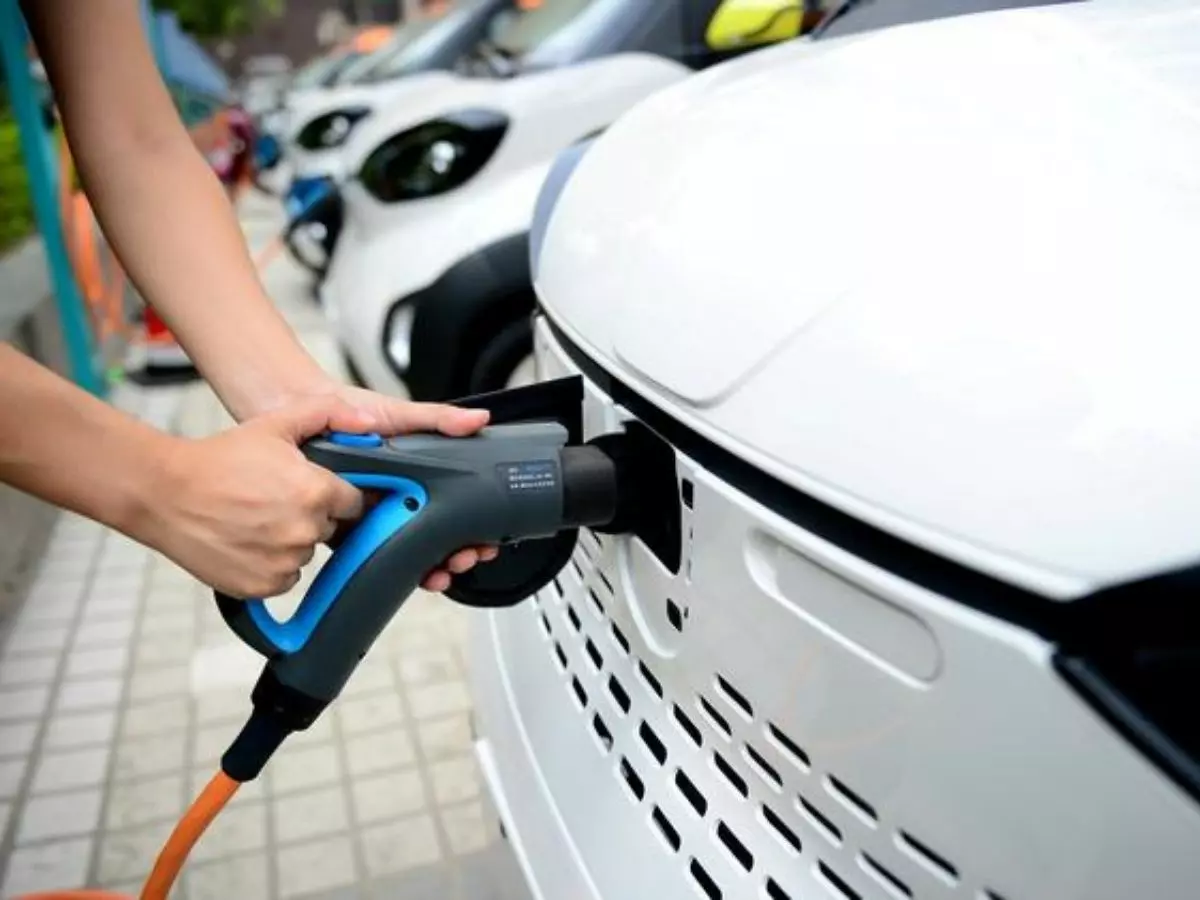5 Things You Don't Know About Buying An Electric Vehicle: Here's What Experts Have To Say
Adopting electronic vehicles can prove to be a game-changer for the betterment of the environment. They emit fewer greenhouse gases and air pollutants than petrol or diesel cars.

Unless you have been living under a rock, you know that several Indian states have announced their individual Electric Vehicle (EV) policies in the recent past. Following the footsteps of Maharashtra and Gujarat, now Rajasthan too has unveiled its own initiative to boost adoption of electric vehicles in the state.
But, ever wondered why the sudden discourse about electronic vehicles? Well, to begin with, adopting electronic vehicles can prove to be a game-changer for the betterment of the environment. They emit fewer greenhouse gases and air pollutants than petrol or diesel cars. And this takes into account their production and electricity generation to keep them running.
 Representational Image
Representational Image
To keep the conversation going, India Times spoke to an expert on the top 5 things that are not widely known about purchasing an electric vehicle.
1. Saving maintenance cost
Not many people are aware that not only an electric vehicle is cost effective at the time of purchase, but throughout its lifespan. Added costs or repair and maintenance costs are saved when using an EV.
"In a fuel car, there are many parts in the engine and hence, the wear and tear. But in an electrical vehicle, there are not many parts and therefore, there's not much to maintain. Additional costs like that of engine oil, gear oil, oil filter, gear filter, etc are completely eliminated in case of an EV," said Amandeep Singh Sahni, Managing Director, JS Mobileon.
 Representational Image
Representational Image
2. Prolonged lifespan
When asked if EVs have the same lifespan as gas cars, Amandeep who runs a private limited that deals with electric vehicles said that EVs generally have 10 years more than fuel cars.
He explained: "A gas car normally cannot be resold more than 2-3 times in its entire lifetime. But an electric vehicle can easily be resold. It can be done over and over again as battery would be the only part in the entire vehicle that will probably be damaged. Battery of an EV is like fuel of a petrol car. You¡¯ll have to refill for it to work."
Sahni added, "Just replace the batteries, and your vehicle is as good as new. So yes, they have a much bigger lifespan than gas vehicles."
3. Minimal power consumption
An average of 15 units of electricity is consumed per day to charge an electric car at the cost of around INR 150 based on the average battery size of 30 kWh. A two-wheeler takes 2-3 units to get fully charged and run for about 70-80 kms. That is approximately INR 30.
 Unsplash
Unsplash
4. Smoother than normal car
"In a commercial engine, if you put 100% energy, only 40% will be used. The reason is that there are a lot of moving parts and there are a lot of power losses. In an electric vehicle, power losses are minimal and thus, the thrust is better. As a result, to drive an electric vehicle which has no gears, is much more smoother," said Sahni.
¡°People have a lot of misconceptions. Like CNG used to be considered very risky, similarly myths around electrical vehicles will wash out very soon and then more people would use them," he said.
 Unsplash
Unsplash
5. Introduction to other new technologies
"Old scooters and four wheelers currently take about 8-10 hours to charge. Fast chargers will prove to revolutionary in the case. It will reduce the charging time exponentially," said Sahni.
"Ultra-fast charging is the logical next step in satisfying EV drivers¡¯ demand for charging on the go. Ultrafast chargers are delivering 32 km of range in one minute, removing driver range anxiety, one of the major barriers that limits the adoption of EVs," he said.
"Range anxiety and battery cost are two issues preventing an even wider adoption of electric vehicles. However, new battery technologies are poised to solve both issues at once," said Sahni.
 Unsplash
Unsplash
Additionally, Lithium-ion batteries have become the industry standard over the two decades of EV development. New technologies are being tested, such as graphene-based technologies, which charge in 15 seconds. These are expected to supplement, not replace, traditional EV batteries.
